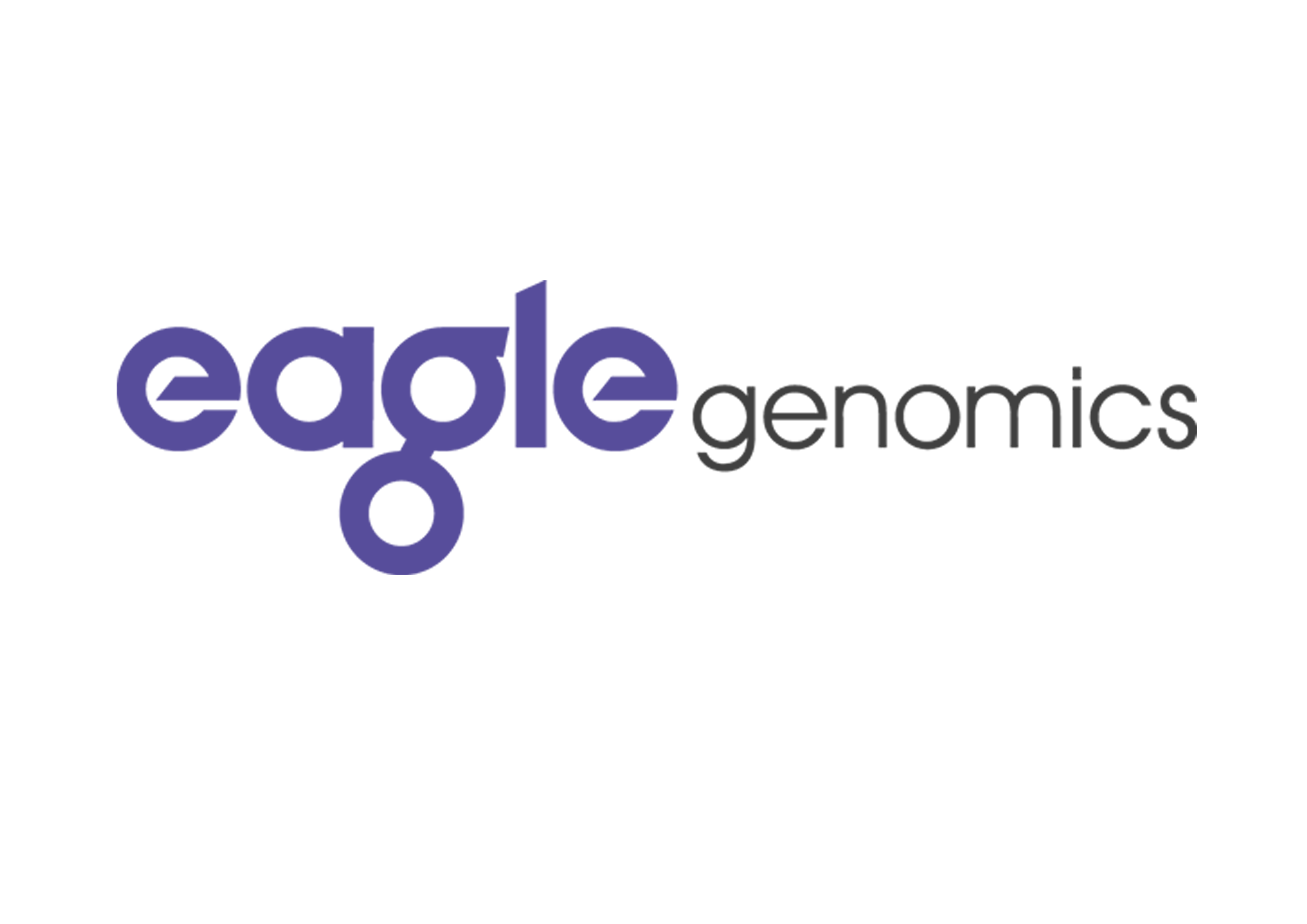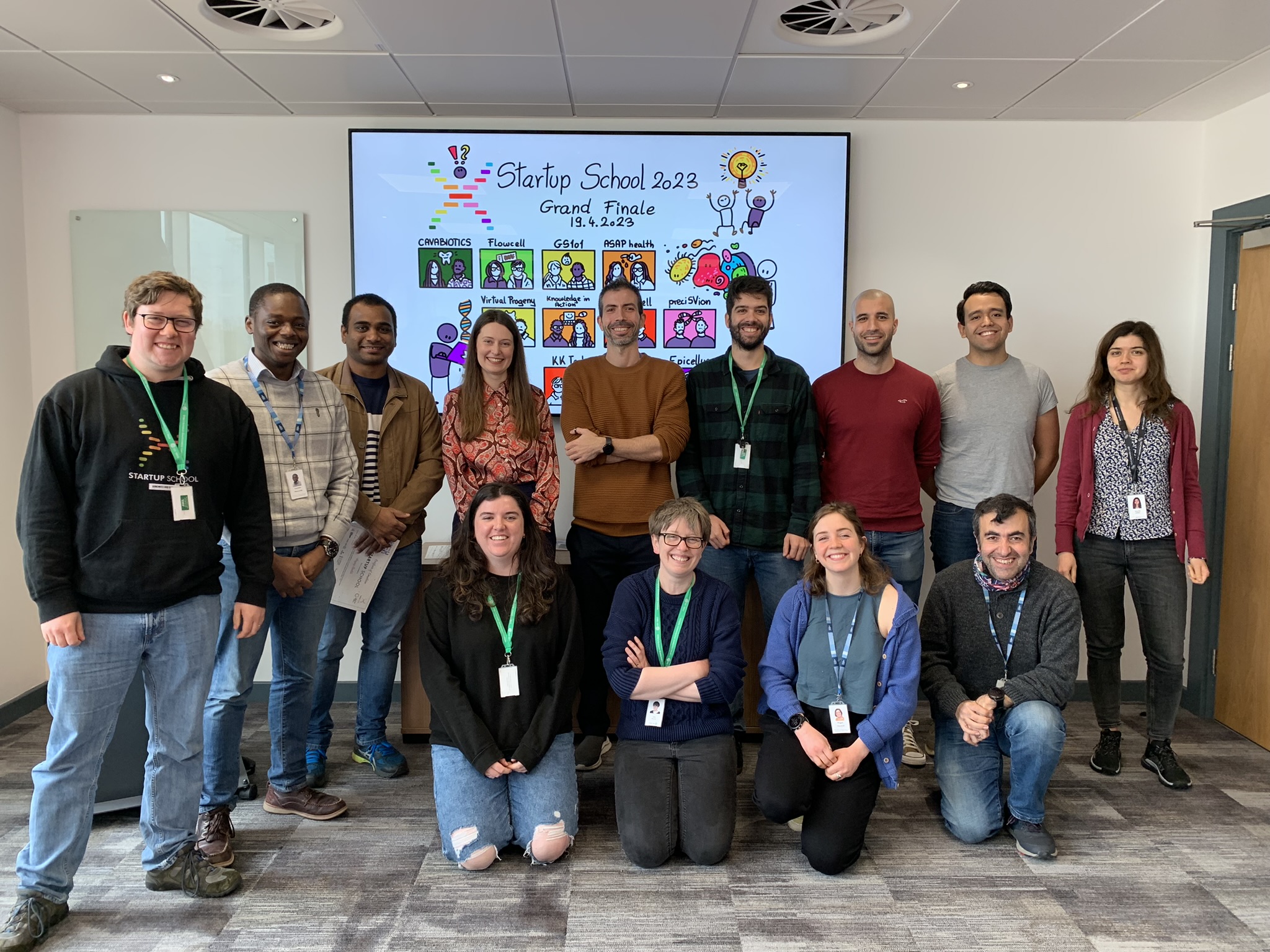BioBeat 2018: Disrupting biodata healthcare

Disrupting biodata-based healthcare
From genetic and molecular information to routinely-collected NHS patient data or novel measurements from clinical trials, biomedical data is everywhere. This provides exciting opportunities for entrepreneurs and investors who want to make a difference in healthcare and patient outcomes. Yet there are many hurdles that stand in the way of taking hold of this data deluge and channeling it into a successful, sustainable business model.
This year’s BioBeat summit held on 15th November at the Wellcome Genome Campus in Cambridge brought together scientists, innovators, entrepreneurs and investors for a spirited afternoon of discussion around the opportunities for bringing disruptive biodata ideas to life, including:
- Combining genomic and other large open datasets to improve the hit rate for drug discovery
- The potential for patient-generated data – for example, from wearables or smartphones – to provide more meaningful outcome measures in clinical trials and encourage recruitment and retention of participants
- Using biodata to develop innovative, personalised interventions or treatments in a wide range of diseases
- Mining combined datasets to draw out insights, and facilitating local and international data access
- Developing sustainable business plans that add value and attract investment
- Recruiting diverse, interdisciplinary talent and building an ecosystem for researchers and entrepreneurs
Yet there are hurdles that stand in the way of taking hold of this data deluge and channeling it into a successful, sustainable company. The word cloud that you see as the cover image for this article, was generated from the audience’s suggestions of the challenges they think biodata businesses will face as they strive to transform healthcare over the next ten years.
Read the full article (PDF) written by Kat Arney and Miranda Weston-Smith, covering the full range of discussions at BioBeat18 and deep insights into what is already being done by academics and entrepreneurs to address these challenges.


